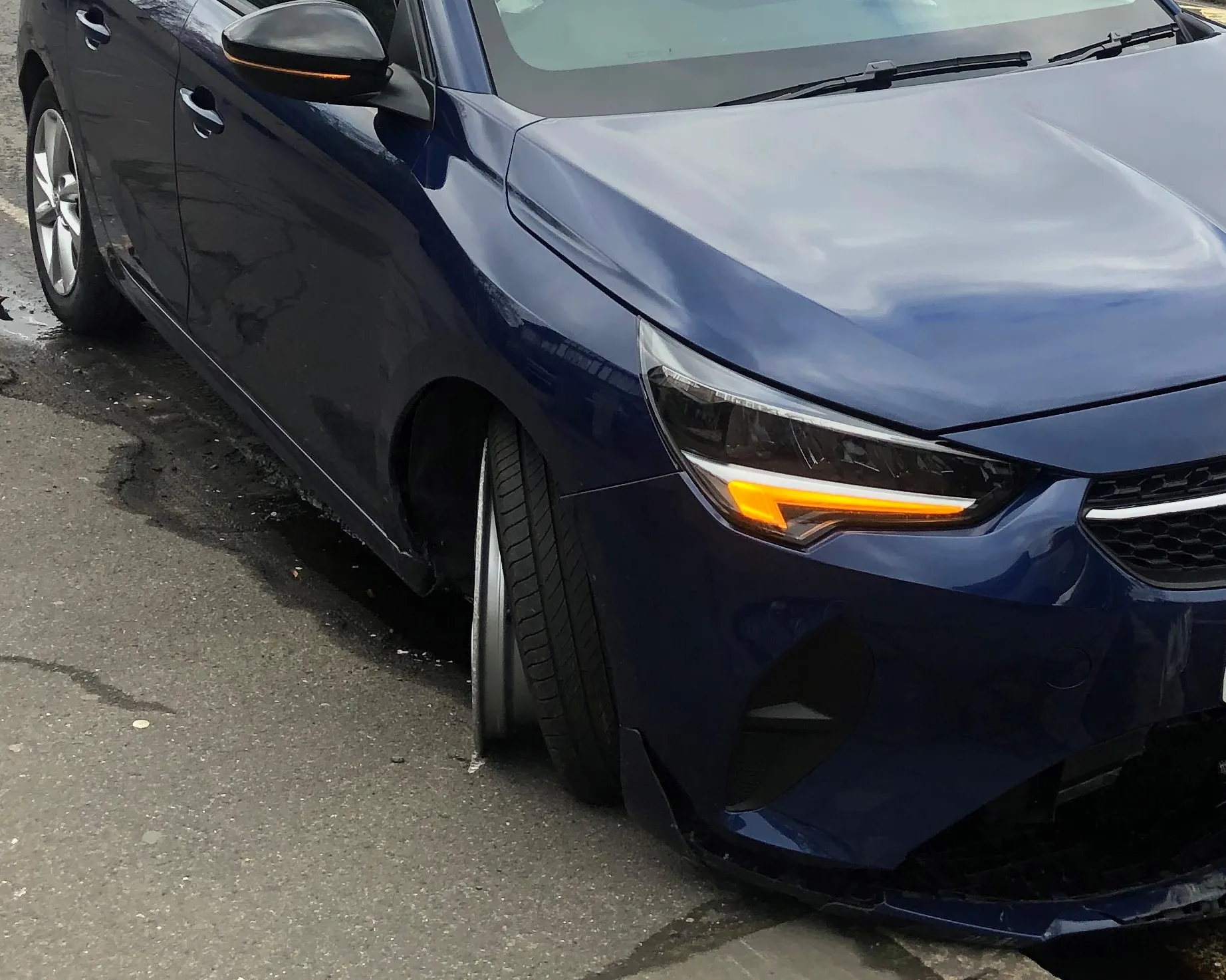Data from the UK reveals that quiet electric vehicles or hybrids operating in electric mode pose particular problems for pedestrians. A report has found that such vehicles are 40% more likely to be involved in a traffic incident involving a pedestrian than a conventional combustion-engined vehicle. The report adds that partially sighted or blind people face the highest risks, while children and older people are also at risk. This follows earlier research from Japan, highlighting the risks to pedestrians pos
March 30, 2015
Read time: 2 mins
RSSData from the UK reveals that quiet electric vehicles or hybrids operating in electric mode pose particular problems for pedestrians. A report has found that such vehicles are 40% more likely to be involved in a traffic incident involving a pedestrian than a conventional combustion-engined vehicle. The report adds that partially sighted or blind people face the highest risks, while children and older people are also at risk. This follows earlier research from Japan, highlighting the risks to pedestrians posed by electric and hybrid vehicles.
The automotive industry is already aware of the problem and a number of manufacturers are working on noise generation technology that could be fitted to the vehicles, in a bid to reduce the risk. The EU will require noise generation systems to be fitted to all electric vehicles or hybrids by 2021
EU rules say such generators must be fitted to quiet cars by 2021. However, blind and partially sighted people as well as the young or older people will still be at risk until the new rules come into force. Some groups concerned over the issue are calling for the requirement for sound generation technology to be brought forward and for the systems to be automatically switched on every time a vehicle is in motion.
The automotive industry is already aware of the problem and a number of manufacturers are working on noise generation technology that could be fitted to the vehicles, in a bid to reduce the risk. The EU will require noise generation systems to be fitted to all electric vehicles or hybrids by 2021
EU rules say such generators must be fitted to quiet cars by 2021. However, blind and partially sighted people as well as the young or older people will still be at risk until the new rules come into force. Some groups concerned over the issue are calling for the requirement for sound generation technology to be brought forward and for the systems to be automatically switched on every time a vehicle is in motion.









